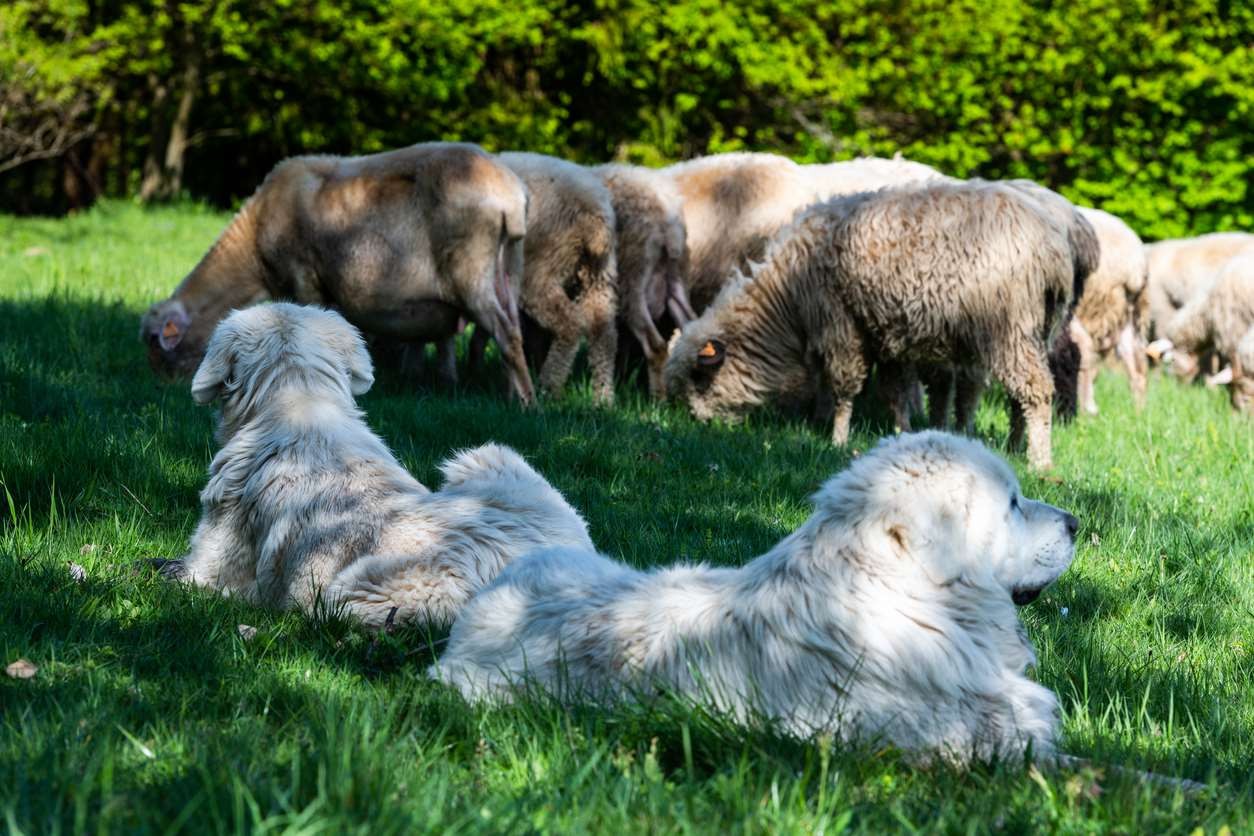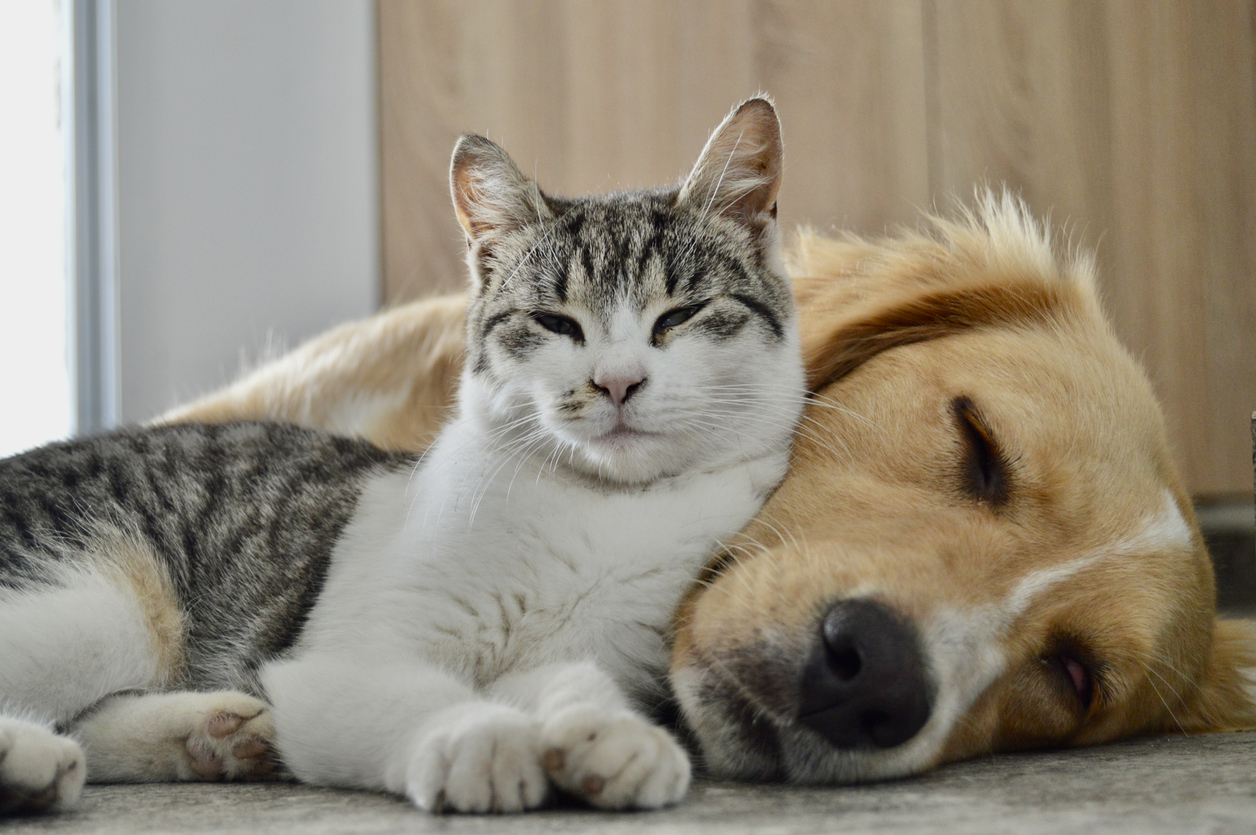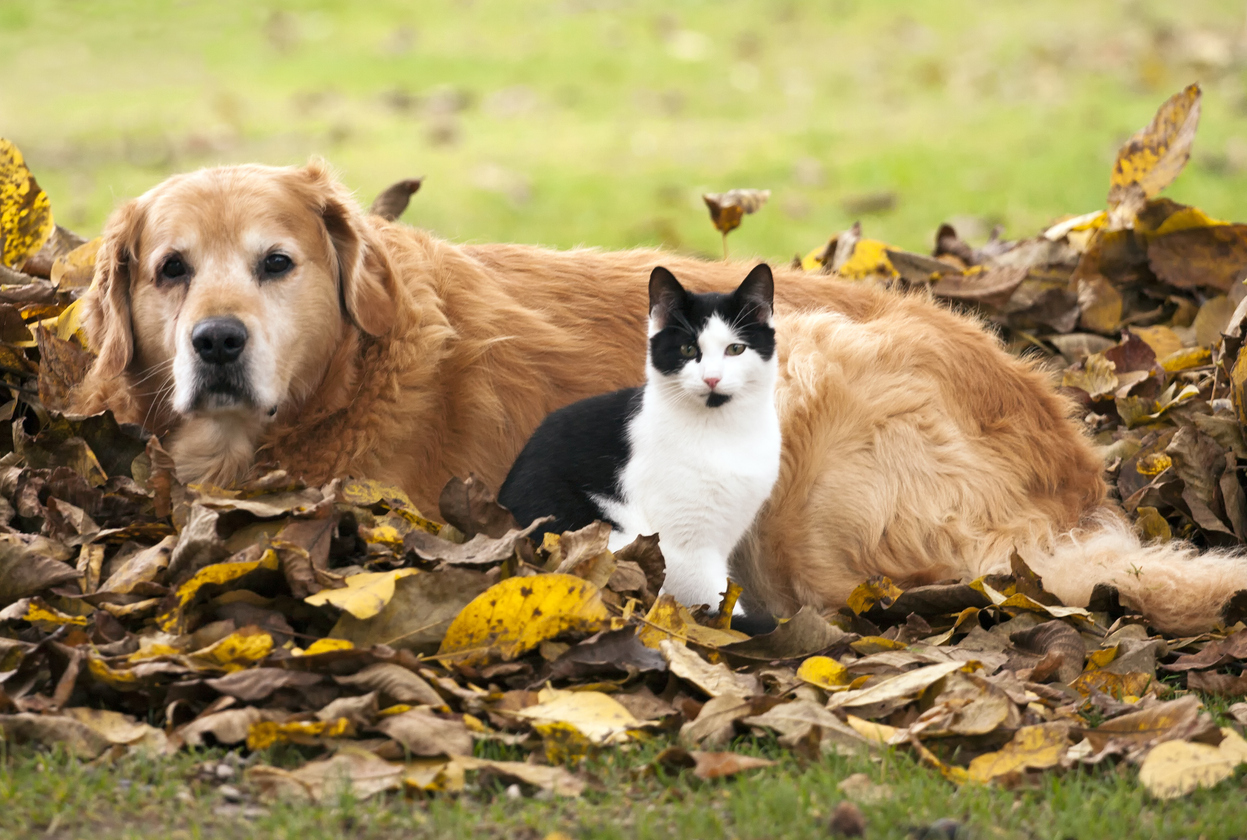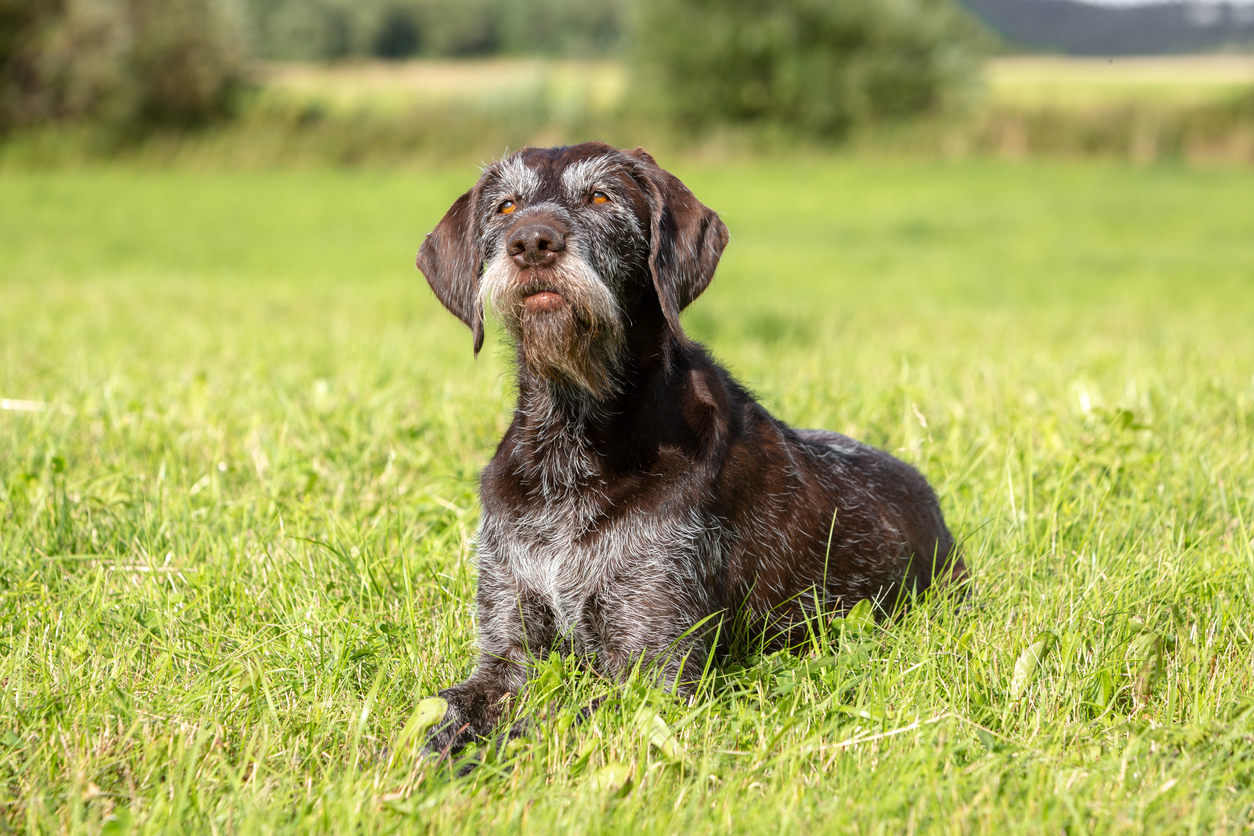At All Animal Veterinary Services, we love seeing animals enjoy the sunshine—but summer in New York can bring a range of risks, from heatwaves to toxic plants and travel stress. Whether you care for pets, pocket pets, or livestock, a little preparation goes a long way.
That’s why we’ve created this all-in-one guide of summer safety tips to help you protect the animals in your care—whether they bark, meow, squeak, oink, cluck, or neigh.
Staying Cool: Heat Safety for Pets, Pocket Pets, and Livestock
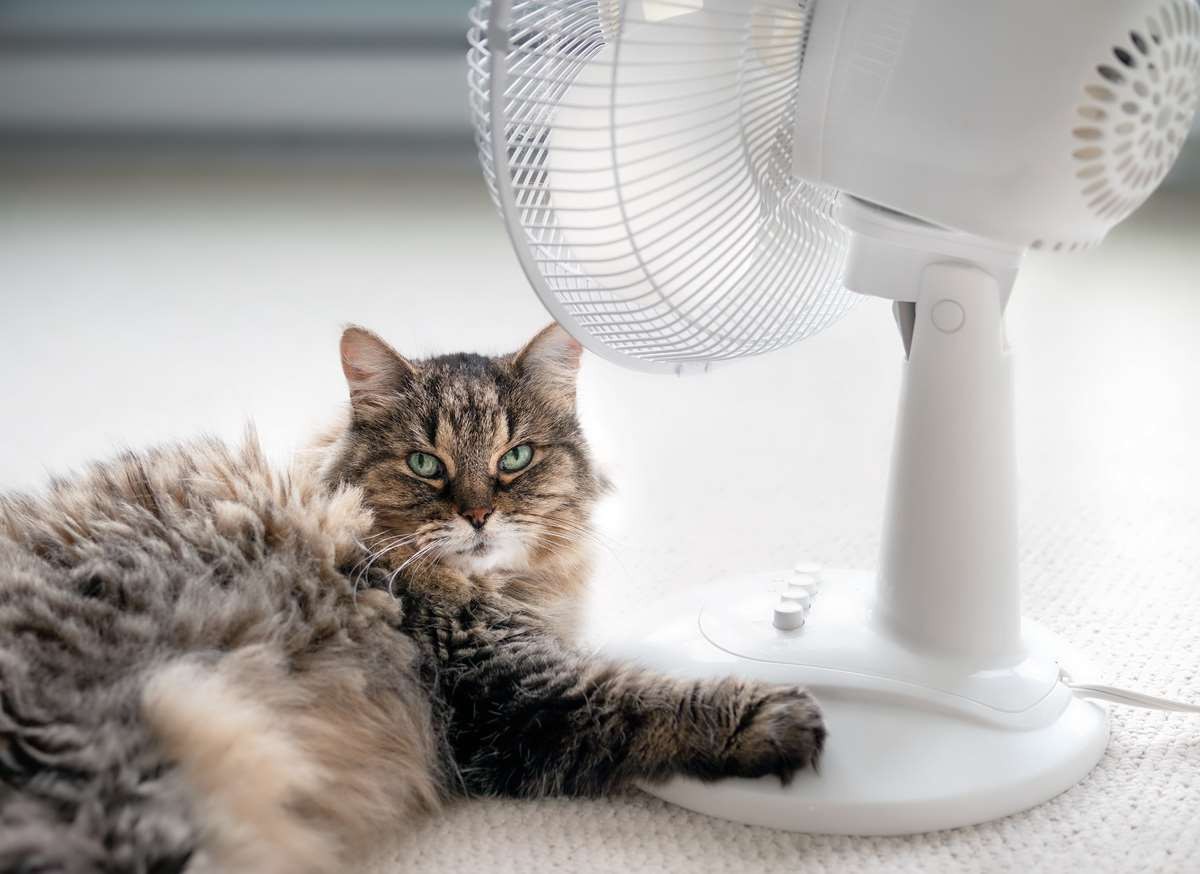
Heat stress can affect any animal. Dogs, cats, rabbits, pigs, poultry, horses, and cows all need extra care in hot weather. Here’s how to keep them cool and safe:
- Provide fresh, cool water at all
- Offer shady, well-ventilated shelter outdoors and in
- Limit sun exposure during peak hours — prolonged time in direct sun can lead to overheating, dehydration, sunburn, and even skin cancer in light-colored or thin-coated
- Avoid transporting animals during the hottest parts of the
- Walk dogs early in the morning or late Test pavement with your hand before walking
- Use cooling mats, fans, or frozen treats for pets and misting systems for livestock when appropriate
- Ensure good airflow in enclosed spaces like barns, coops, and kennels
Animals at highest risk include flat-faced dogs (like Bulldogs or Pugs), overweight or senior animals, young livestock, and animals with heavy coats or light skin.
Is It Too Hot for Outdoor Time?
If it feels uncomfortably hot to you, it’s likely too hot for your animals. Watch for these signs:
- Excessive panting, open-mouth breathing, or seeking cool surfaces
- Lethargy or reluctance to move
- Heat index above 85°F
- Decreased intake food or milk production in livestock
Recognizing and Responding to Overheating
Heatstroke can happen fast—and it’s an emergency. Watch for:
- Rapid panting or drooling
- Bright red or pale gums
- Vomiting or diarrhea
- Staggering or collapse
If you notice these signs, move the animal to a shaded, cool area. Offer small sips of water and apply cool (not cold) water or wet towels to the belly, paws, or underarms. Then call us immediately.
Fun & Safe Summer Activities for Animals
Warm weather is great for enrichment—as long as it’s done safely. Here are ideas to keep animals happy and stimulated:
For Playful Pups:
- Morning hikes in shaded areas
- Sprinkler or kiddie pool play
- Frozen treat scavenger hunts
- Visits to pet-friendly parks
- DIY backyard agility with cones and hula hoops
For Curious Cats:
- Window views with fans or frozen water bottles nearby
- Outdoor time in secure catios or screened-in porches
- Shady backyard tents with toys for supervised lounging
- Puzzle feeders and indoor treat hunts to engage their minds
- Cooling mats or hammocks near secure open windows for a breezy nap
For Little Companions (like rabbits or guinea pigs):
- Keep indoors during the hottest parts of the day—small pets overheat quickly
- Frozen water bottles wrapped in towels placed in their enclosure
- Ceramic tiles or cooling stone for resting
- Enrichment toys, hideouts, and tunnels for safe indoor play
- Limited outdoor time in shaded, secure pens during early morning or evening
For Farm Friends:
- Shaded grazing or barn turnout during cooler parts of the day
- Gentle hose spray-downs or misting for pigs, cows, and horses
- Fans and proper airflow in barns or coops
- Safe frozen produce (like watermelon or carrots) as occasional treats
- Quiet grooming sessions to remove excess coat
Summer Travel with Pets: Be Prepared
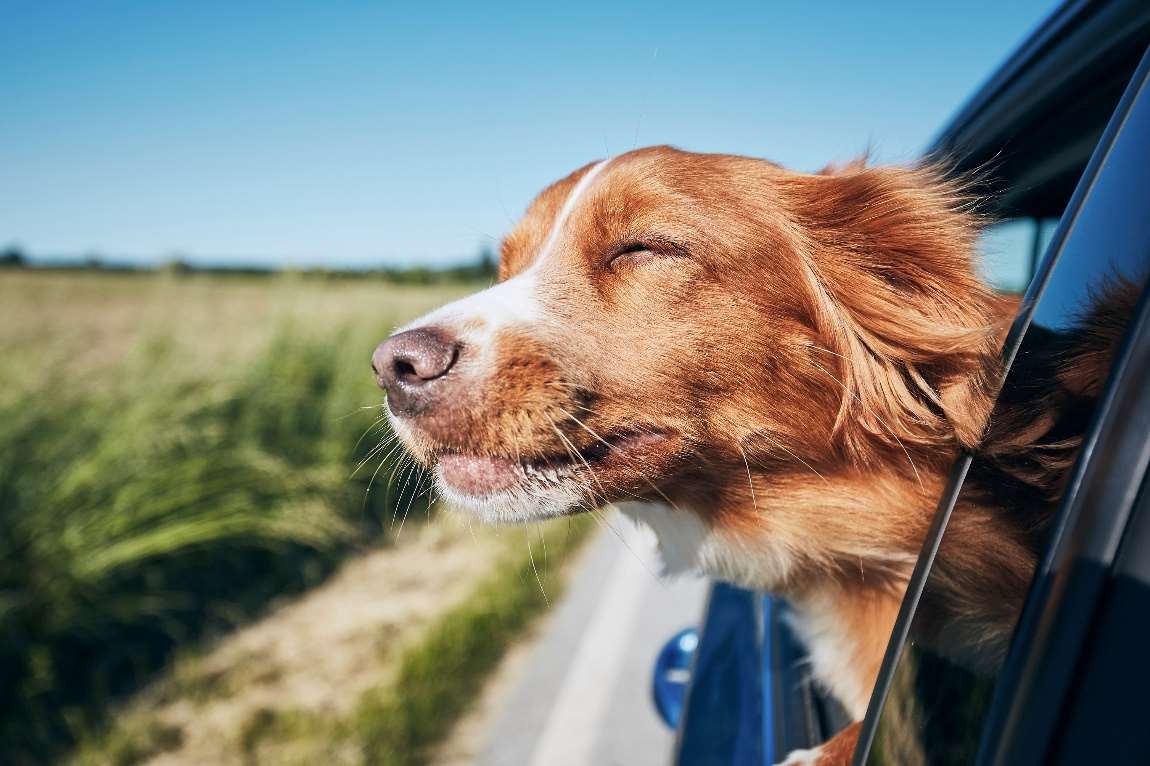
Heading out on a summer trip with your dog, cat, or small pet? Here’s your packing list:
- Updated vaccination records
- Food, water, and medications
- Leash, collar with ID tag, or secure carrier
- Comfort items (blanket and toys)
- Travel breaks for water and bathroom needs
- Favorite chew toy to keep entertained
Never leave any animal in a parked car. Inside temperatures can climb 20–30°F within minutes—even with the windows cracked.
Garden Safety: Toxic Plants to Avoid
If your pets or farm animals have access to the yard or pasture, be aware of toxic plants, including:
- Lilies (especially dangerous for cats)
- Sago palm
- Oleander
- Foxglove
- Azaleas
- Hydrangea
Choose pet-safe plants like marigolds, snapdragons, zinnias, and edible grasses.
Your Partner in Animal Wellness—All Summer Long
At All Animal Veterinary Services, we’re proud to care for dogs, cats, pocket pets (like rabbits and guinea pigs), poultry, horses, goats, pigs (including pot-bellied and teacup), sheep, cows, and more. We work with commercial farms, hobby farms, rescues, petting zoos, breeders, kennels, and families with large pet households.
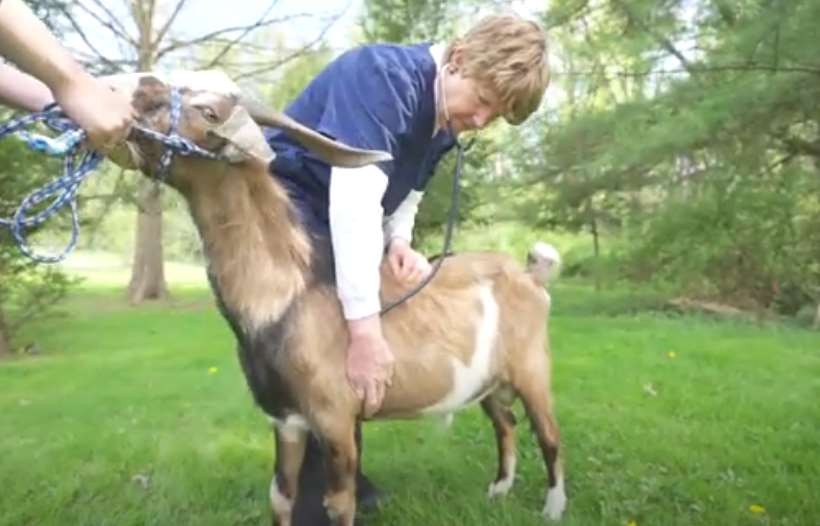
Dr. Eleanor Acworth is deeply experienced in providing medical care for farm animals of all kinds. From dairy cows to goats and horses, she understands the unique needs of large animals and the people who rely on them. Want to hear what local farmers have to say?
Watch this short testimonial here.
Whether your animal companions live indoors, in a pasture, or somewhere in between—we are here to help them stay safe and healthy this summer.
Call us today to schedule a wellness visit or speak with our team about warm weather care. Let us make this a season of health, comfort, and tail wags.

